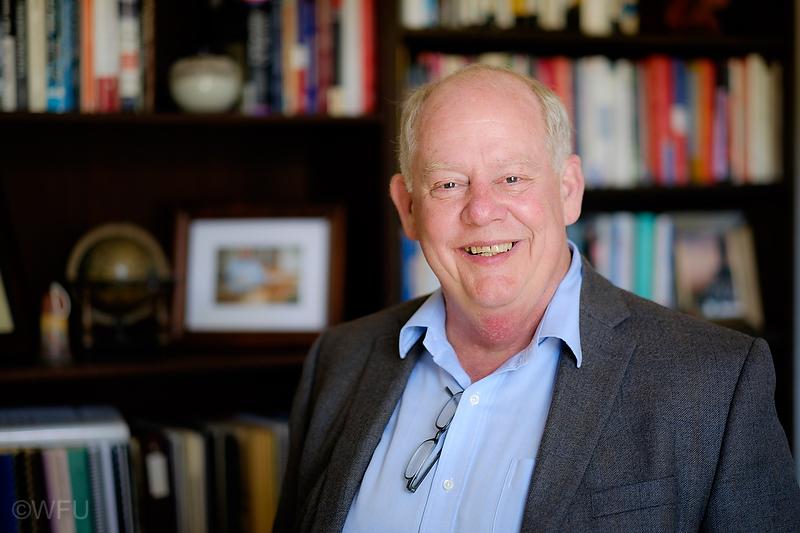As Wake Forest is a small, tight-knit community, a typical criticism is the ease in which they become trapped in what is colloquially known as the “Wake Forest Bubble.” In this space, students ignore the atmosphere around them and instead immerse themselves with exams, homework and campus news.
Yet this past semester brought undeniable changes to the campus dynamic as the election season resulted in faculty becoming more vocal and sharing their expertise with the community but also with the nation as a whole.
With this increased faculty presence in the media, staying immersed in the bubble inevitably became more difficult.
“Wake Forest faculty, like the students, are highly involved outside their academic pursuits,” said Katie Neal, executive director for Wake Forest News. “They tend to enjoy busy, full lives and volunteer for leadership roles on and off campus. For some, they extend the reach of the classroom by sharing their expertise with media and educating the public on timely topics.”
Wake Forest professors have recently appeared on various media platforms, giving their expertise on a range of topics from presidential candidates, immigration, the electoral college, HB2, the youth vote and media coverage of the election.
Over three dozen faculty members shared their election-related expertise with various news outlets. This use of professors as an expert source is not unprecedented.
“Generally, media love working with faculty who can explain complex issues or research in easy, sound bite-sized chunks are particularly good at translating their scholarship into a point of view that anyone can understand,” Neal said. “A faculty member’s deep level of knowledge can be particularly helpful when explaining complicated issues.”
Allan Louden, the communications department chair, has worked on various campaigns as a consultant and is also a commentator for different media platforms during election cycles. He specializes in debate, political ads and political commentary and shared this knowledge base in “U.S. News & World Report,” “Voice of America” and the “Charlotte Observer.”
In his opinion piece in “U.S. News & World Report,” Louden discussed how moderators should be more moderate than active during presidential debates so as to leave the candidates to discuss the issues.
“You can expect to be criticized with vigor by some, emotions always run high,” Louden said. “My choice is to tell it as I see it and assume that both political camps’ dissatisfaction is a good sign of working toward balanced commentary. The academic’s job is to add distinct perspective to what is otherwise available, to provide context and background only available to long-time involvement with specialty.”
As an academic, he argues, his role should be to provide his perspectives from a specific knowledge base in order to add to the preexisting discussion already occurring in the media.
Sherri Williams is a post-doctoral fellow in the Anna Julia Cooper Center who also teaches courses in the communications department.
As a post-doctoral fellow, her research focuses on mass media and how people of color use and are represented in the media. Before her position at Wake Forest, Williams worked as a print journalist for the “Associated Press.”
“When I made the transition from news to the classroom, I went from writing about people of color to studying what those images mean in the media and how they impact people of color in other ways,” Williams said. “It’s been a natural progression for me, this is something I still would’ve been interested in because I think telling these stories are important.”
The relationship between the media and academic experts is not unusual, in fact is completely common.
For the Wake Forest community, the presence of faculty voices as experts in their fields demonstrates the commitment to moving beyond the bubble.
















